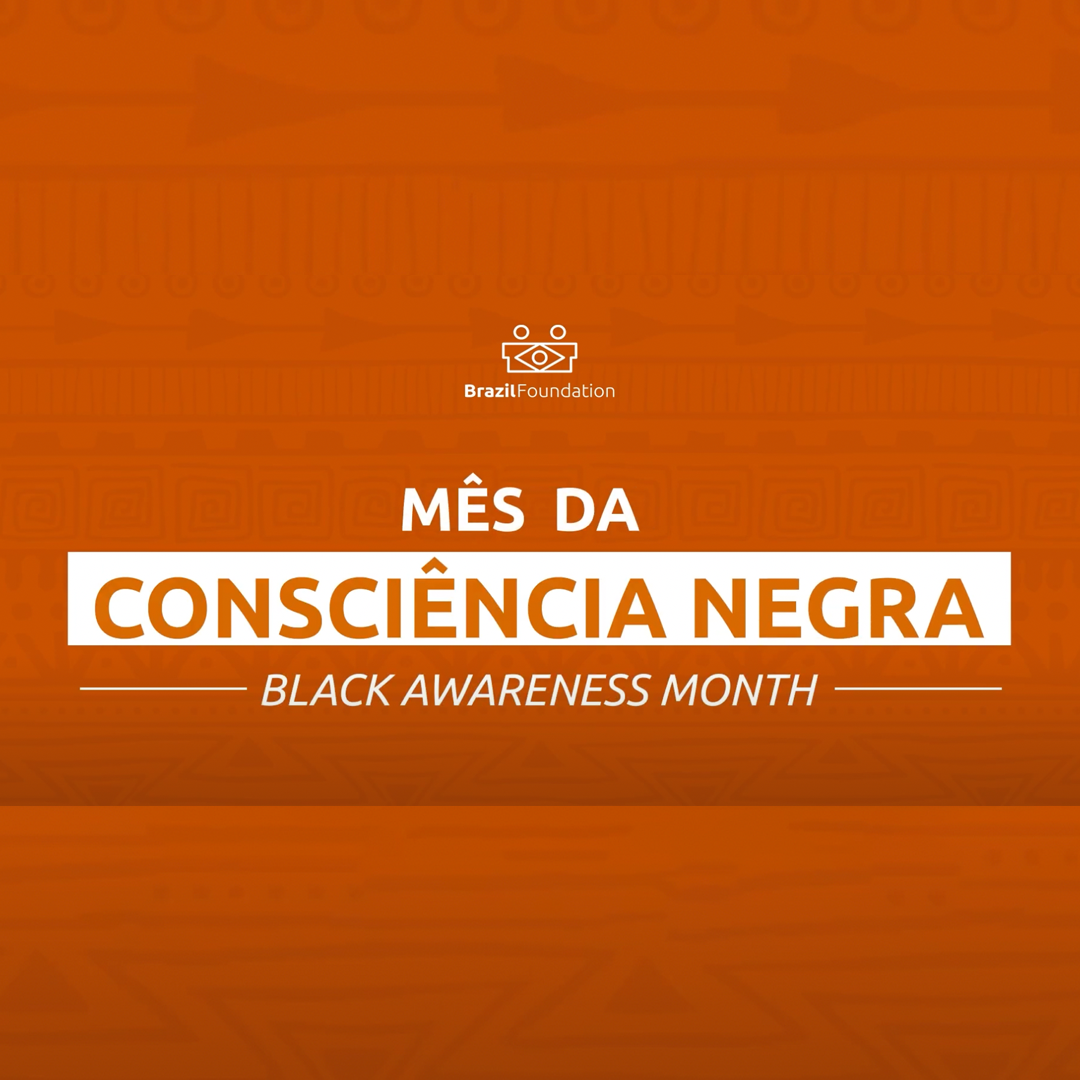The graduate of a college preparatory program for young people from rural areas of the state of Ceará, Aurenir Luz created a similar program to help students around the small city of Paramoti
 The Paramoti district has a population of just over 11 million, half of which is rural. Travel to the larger city of Fortaleza is neither long nor arduous; the two cities are 65 miles apart, which translates to a journey of about an hour and 20 minutes. Even so, until quite recently the thought of enrolling in the Universidade Federal do Ceará (UFC), or receiving a scholarship to study at any college, was nearly unimaginable. “Even today, many people here don’t know there is a public university. They think that you can’t study if you don’t have the money to pay for it,” Aurenir Luiz told BrazilFoundation.
The Paramoti district has a population of just over 11 million, half of which is rural. Travel to the larger city of Fortaleza is neither long nor arduous; the two cities are 65 miles apart, which translates to a journey of about an hour and 20 minutes. Even so, until quite recently the thought of enrolling in the Universidade Federal do Ceará (UFC), or receiving a scholarship to study at any college, was nearly unimaginable. “Even today, many people here don’t know there is a public university. They think that you can’t study if you don’t have the money to pay for it,” Aurenir Luiz told BrazilFoundation.
At 27 years old and the daughter of local farmers, this is the reality in which Aurenir grew up. Soon after completing middle school, she discovered the Program for Education through Cooperative Learning (PRECE), which was created in 2005 to help young people attain higher education. She began attending meetings in Cipó, near Paramotí. After earning a scholarship for the marketing department at the Technical College of the Northeast (Faculdade de Tecnologia do Nordeste), Aurenir decided to recreate the PRECE model for young people in her home city.
“In six years, we’ve already been able to send 26 low-income students to college,” said Aurenir, who was graduated in 2010 and, in addition to managing the People’s School of Paramoti, works as the Secretary of Education for the State in Fortaleza.
 This year, the School garnered the support of BrazilFoundation to expand the project to five additional rural communities. “We are going to choose 30 students, six from each community, to train in the methodology and organize the learning groups,” she explained. The workshops will take place on weekends and will be run by five current university students, all alumni of the program.
This year, the School garnered the support of BrazilFoundation to expand the project to five additional rural communities. “We are going to choose 30 students, six from each community, to train in the methodology and organize the learning groups,” she explained. The workshops will take place on weekends and will be run by five current university students, all alumni of the program.
Developed by PERCE, the class format stimulates collaborative study and incentivizes experience- and information-sharing. Overall, the program has over 2,000 students in five districts in Ceará, and 13 cooperative, public schools in total – including the school in Paramoti. “This year, we expect to provide even more opportunities to the young people in rural Paramoti.”


